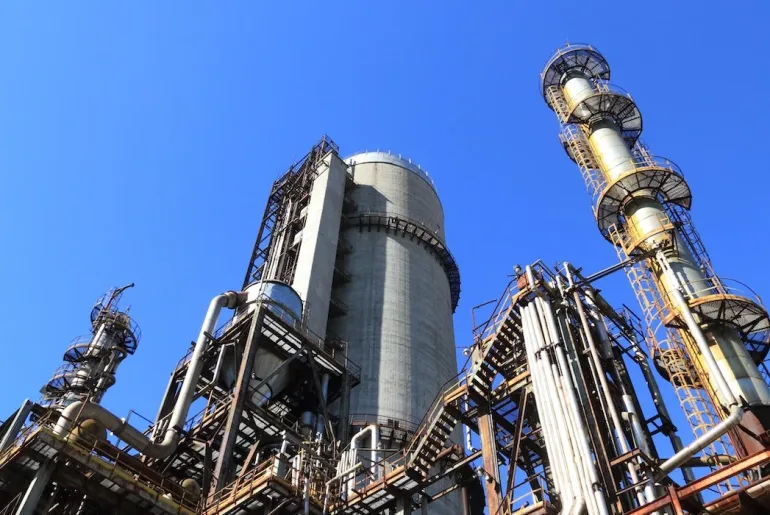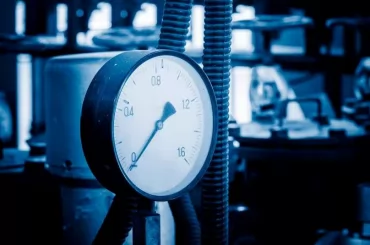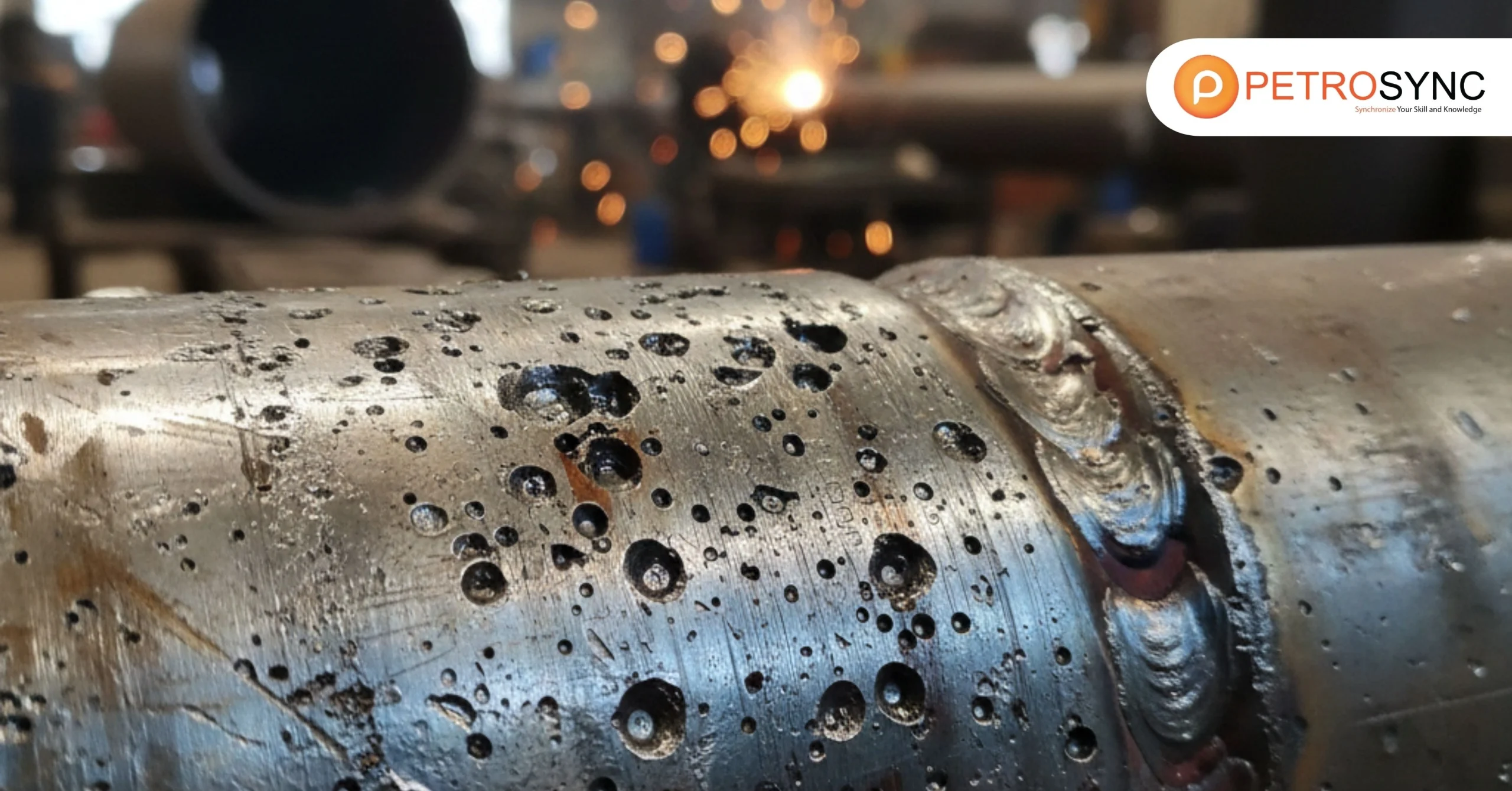Are you interested in the world of materials, their properties, and how to protect them from corrosion? If so, you are on a journey that’s both challenging and rewarding. In this article, we will explore corrosion engineer training comprehensively. You will discover what it takes to become a corrosion expert, the essential skills you need, and the corrosion engineer training options to help you excel in this field.
What Is a Corrosion Engineer?
A corrosion engineer is responsible for identifying methods to address or avert corrosion issues in industrial equipment at manufacturing facilities and large-scale infrastructure undertakings, including metallic bridges, oil and gas pipelines, mining operations, and waste management sites.
In refineries, corrosion engineers play a crucial role in making sure the equipment and machinery used in refining processes are protected from corrosion, as this can impact the efficiency and safety of these operations.
What Is Corrosion Engineer Training?
Corrosion engineer training aims to equip you with the knowledge and skills to prevent, identify, and mitigate the effects of corrosion on materials, especially metals. The focus is on understanding the chemical and electrochemical processes that lead to corrosion and developing strategies to counteract them.
Refineries depend on complex and costly equipment such as vessels, pipelines, and heat exchangers. Proficient corrosion engineers help maintain the integrity of these assets by identifying and mitigating potential damage mechanisms, ultimately prolonging equipment life and reducing unexpected downtime.
What Skills Are Needed to Be a Corrosion Engineer?
There are some basic skills that you need to be a proficient corrosion engineer:
1. Materials Knowledge
Understanding materials means having knowledge about different substances and how they react to various conditions. For example, it is like knowing that metals, like steel or aluminium, can rust or corrode when exposed to water or certain chemicals.
To prevent such problems, corrosion engineers must pick the right materials for the job, just like choosing the right clothes for the weather. This knowledge is essential because it helps them make informed decisions about which materials are suitable for different applications, ensuring that structures and equipment last longer and remain safe.
2. Chemical Proficiency
Chemical proficiency in corrosion engineering is all about understanding the interactions between different substances, a bit like being a chemist. It’s like being in a kitchen, where you need to know which ingredients go well together and which ones could create a mess.
In corrosion engineering, the goal is to prevent materials from deteriorating due to unwanted chemical reactions. By having a good grasp of how chemicals behave and react, corrosion engineers can develop strategies to protect structures and equipment, ensuring they remain in good condition and don’t suffer from harmful chemical processes.
3. Testing Expertise
Testing expertise in corrosion engineering is akin to being a detective. It’s like using special tools and techniques to inspect materials for any signs of trouble. This process is similar to giving your car a check-up, where you look under the hood to ensure that everything is working smoothly.
In the world of corrosion engineering, testing helps identify issues early, allowing for prompt intervention to prevent further damage. By being skilled in these techniques, corrosion engineers can effectively maintain the integrity of structures and equipment.
4. Preventive Techniques
Preventing corrosion is comparable to protecting your phone with a sturdy case. You add layers or make changes to materials to keep them safe and shield them from harm. This is similar to building a strong and sturdy house.
You use the right materials and techniques to ensure it can withstand all sorts of weather and other challenges. Corrosion engineers use preventive techniques to extend the lifespan of structures and equipment, saving time and money in the long run by avoiding costly repairs and replacements.
5. Regulatory Awareness
Being aware of regulations in the field of corrosion engineering is similar to obeying traffic rules when you’re driving. It’s all about making sure everyone is safe, and you’re following the right path.
Just as traffic regulations exist to maintain order on the roads and protect drivers, corrosion regulations aim to ensure the safety, quality, and environmental standards of projects. Staying compliant with these regulations is crucial for the overall well-being of the community and the environment.
How To Become a Corrosion Engineer?
There are some steps that you must undergo in order to be a corrosion engineer.
1. Education
Start by earning a bachelor’s degree in fields like materials science or metallurgy, which provide the essential foundation for corrosion engineering. These programs teach you about materials and their behaviours, a fundamental aspect of corrosion engineering. You’ll gain knowledge about chemical processes and environmental factors that lead to corrosion during your academic journey.
2. Practical Experience
Practical experience is crucial in becoming a corrosion engineer. Internships, co-op programs, or entry-level positions in related fields allow you to apply your theoretical knowledge in real-world settings. This experience gives you insights into how corrosion issues manifest in industries, helps you develop problem-solving skills specific to corrosion, and provides a practical perspective on corrosion prevention and mitigation.
3. Professional Certifications
Earning certifications from reputable organizations like NACE International is a significant step in establishing your credibility as a corrosion engineer. These certifications are industry-recognized and attest to your knowledge and skills in corrosion-related areas.
They typically involve rigorous exams covering various aspects of corrosion engineering, from materials and chemical processes to inspection and testing techniques. Professional certifications enhance your professional standing, open doors to advanced career opportunities, and demonstrate your commitment to excellence in corrosion engineering.
What Training Does Corrosion Engineer Need to Take?
To support your career in corrosion engineering, you can opt for specific training topics that will benefit to excel in their field. Here are some essential corrosion engineer training to help you excel in your roles:
1. API 571
API 571 is an essential standard for professionals working in refineries. It specifically addresses damage mechanisms affecting fixed equipment in the refining industry, such as pressure vessels and piping. Understanding this standard is vital for managing corrosion issues in these complex environments, ensuring safety and operational continuity.
2. ASTM G1 and G31
ASTM G1 outlines procedures for preparing and evaluating corrosion specimens in the laboratory. It’s critical for conducting controlled experiments to better understand corrosion mechanisms and test the effectiveness of preventive measures.
ASTM G31 provides standardized practices for laboratory immersion corrosion testing. It offers a methodical approach for simulating and assessing the effects of various environments on materials, which is valuable for studying how corrosion occurs and how to mitigate it.
3. ASME Boiler and Pressure Vessel Code, Section II
This section of the ASME code focuses on materials selection for pressure vessels and piping systems. It ensures that the materials used can withstand the conditions they’ll be exposed to, preventing corrosion and ensuring the safety of these critical components in various industrial applications.
4. API 579
API 579 provides guidelines for fitness-for-service assessments, especially in evaluating corroded equipment. It helps professionals determine whether equipment affected by corrosion is still safe to use. This standard is crucial for maintaining the integrity of ageing equipment and structures while ensuring safety and reliability.
Following these standards is crucial to safeguard steel structures from corrosion in diverse settings, including coastal, industrial, and offshore environments.
What Are Some Frequently Asked Questions Regarding Corrosion Engineers?
Below, we cover the top four of frequently asked questions related to corrosion engineering.
1. Can I Specialize in A Specific Industry?
Certainly, corrosion engineers can specialize in specific industries, with the oil and gas sector being a prominent option. In this specialization, they focus on understanding industry-specific corrosion challenges, such as dealing with materials exposed to substances like hydrogen sulfide (H2S) and carbon dioxide (CO2).
2. Is Corrosion Engineer Training Only for Recent Graduates?
No, if you are professional working in engineering or materials science, you can benefit from this training to advance your careers.
3. How Long Does It Take to Become A Certified Corrosion Engineer?
The duration varies, but most programs can be completed in one to two years. Meanwhile the training usually lasts from 3 up to 5 days.
4. What Are The Typical Entry-level Positions for Corrosion Engineers?
Common roles include corrosion technician, materials engineer, or quality control specialist.
In conclusion, embarking on a journey in corrosion engineering is both challenging and rewarding. One exciting path in this field is specializing in a specific industry, and the oil and gas sector presents numerous opportunities. Understanding industry-specific corrosion challenges, like dealing with substances such as hydrogen sulfide (H2S) and carbon dioxide (CO2), can be highly rewarding.
Moreover, ongoing training and certification, such as API 571, are instrumental in furthering your expertise and career in corrosion engineering. By specializing and continuously enhancing your skills, you can contribute to the integrity and safety of critical equipment and infrastructure in the industry.
If you are planning to excel in corrosion engineering, consider exploring training opportunities like API 571, offered by PetroSync. Our API 571 training program provides both theoretical knowledge and practical skills essential for tackling corrosion-related challenges in the oil and gas industry. It’s a stepping stone towards a thriving career in corrosion engineering, where you’ll play a crucial role in safeguarding infrastructure and making a significant impact in your field.
Credit Header Image: Freepik

SEO specialist by day, fact-checker by night. An avid reader and content writer dedicated to delivering accurate and engaging articles through research and credible sources.






